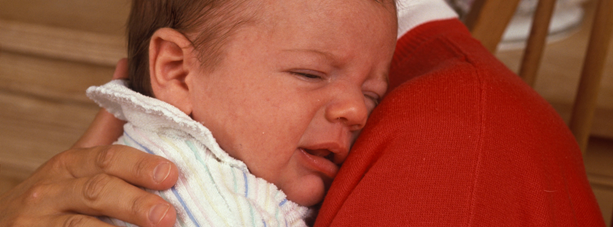
Parent-Infant Therapy

Parent-Infant Therapy is a form of psychological support where the relationship between the infant and the parent is the main focus of attention. The therapy aims to promote the parent-infant relationship in order to support healthy development in the infant.
The therapy draws from several therapeutic traditions adapting them to make it suitable for working with infants and parents together. These include psychoanalytic models and attachment theory backed up by child development theory and more recent research in neuroscience.
Parent-Infant Therapy looks at both conscious and unconscious processes that are at play in the relationship and how these may shape the individual parent’s and infant's specific ways of relating to each other.
Why are early relationships so important?
We know that the nature of the care given to infants has lifelong implications for how children learn, their ability to form healthy relationships and their ability to manage their emotions and behaviour. Neuroscience has shown us that what happens in the first two years of life has a profound affect on the infant's developing brain. Neural pathways ‘fire’ in response to the baby’s experiences with their caregivers, creating patterns of expectations in relationships.
Babies come into the world totally dependent on their parents, not just for their physical needs but also for their emotional and relational needs. They are primed at birth ready for interaction and are extremely sensitive to the feeling states of others and the emotional tones of the interactions they have. It is vital that the infant has a caregiver who is able to accurately read and respond to their needs and emotional states in order to help regulate feelings that might be overwhelming for the baby. Regulation of emotional states is a fundamental ingredient of early development.
The contingent, sensitive responses of the caregiver will support the baby in forming a positive, secure attachment. A secure attachment is essential to establishing the infant's sense of safety and security and influences self esteem, the regulation of thoughts and feelings, the quality of relationships and the capacity for a sense of agency and exploring the world productively.
What happens in Parent-Infant Therapy?
In Parent-Infant Therapy, the caregiver is invited to attend sessions with their baby, usually for 50 minutes each week. The number of sessions offered will vary depending of the circumstances but typically this will be between 6 and 12 sessions. The therapist will help the parent and infant work through the difficulties that have brought them to therapy.
By having the parent and infant in the room together, the therapist has an opportunity to observe and gain insight and understanding into the difficulties. The therapist is able to think together with the parent about the communications of the baby and the feelings engendered in both. The therapist will support parents to reflect upon the differing states of mind of themselves and their infant and how they are manifest in a variety of behaviours in the relationship.
The parent may need the opportunity to work through unresolved issues from childhood or the more recent past that are affecting their ability to form a healthy relationship with their baby. Unconscious processes that are at play in the relationship can be identified and thought about. It is through this understanding that change can come about. It may be that the therapist will support the parent with their own emotional state in order that they in turn will be able to provide more sensitive and contingent care for their baby.
Therapists will frequently bring in additional tools to enhance the work. Click the links below to find out more:
If you have any questions, please get in touch.

